Neglect plagues Premier Towers, Ghana’s iconic SSNIT building
The once-gleaming Premier Towers, the flagship commercial property of Ghana's Social Security and National Insurance Trust (SSNIT), has fallen into a state of disrepair, leaving tenants and the public questioning the management of one of the country's most iconic office buildings. The post Neglect plagues Premier Towers, Ghana’s iconic SSNIT building appeared first on Ghana Business News.
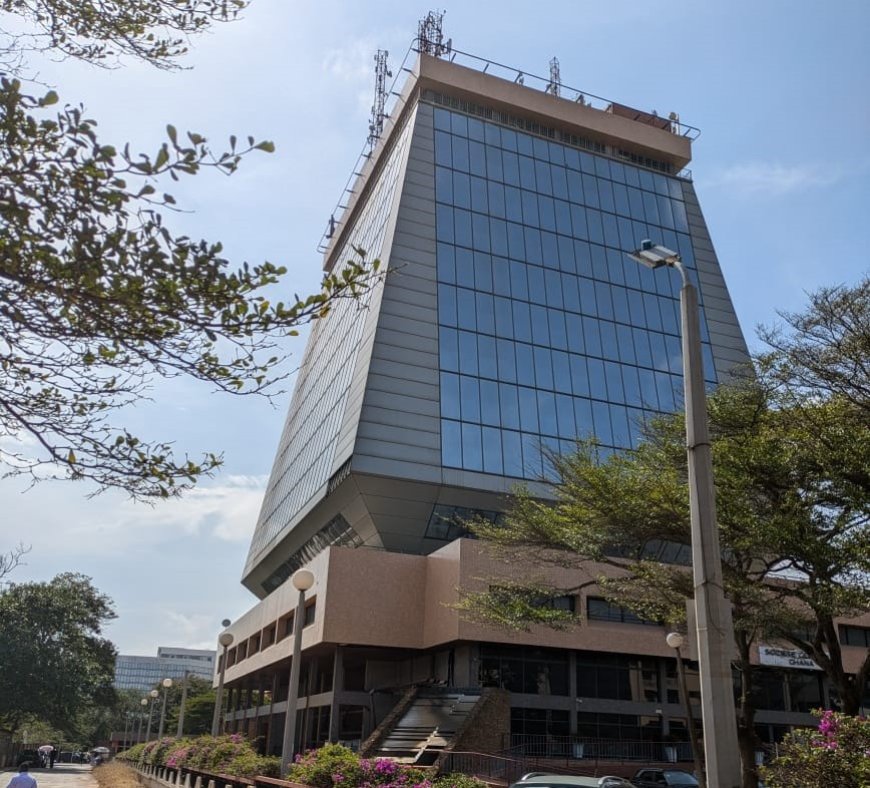
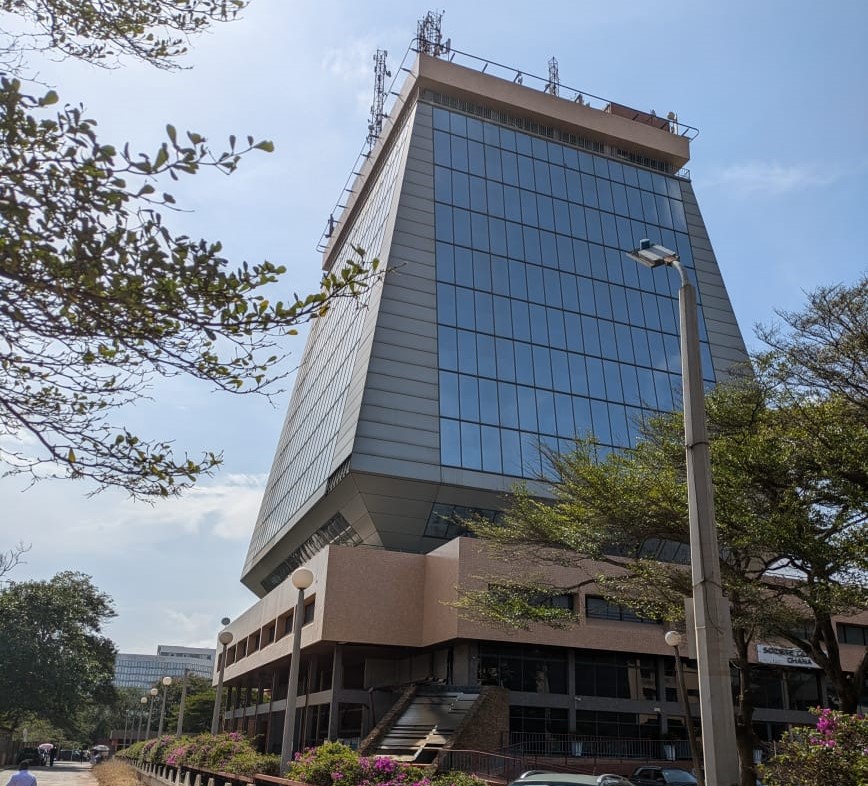

The once-gleaming Premier Towers, the flagship commercial property of Ghana’s Social Security and National Insurance Trust (SSNIT), has fallen into a state of disrepair, leaving tenants and the public questioning the management of one of the country’s most iconic office buildings.
A recent in-depth investigation by Ghana Business News has uncovered a litany of issues plaguing the Premier Towers, painting a deeply concerning picture of neglect and mismanagement that has contributed to the building’s steadily declining occupancy rates over the years.
“The elevators have not been functioning for over four months, causing major inconvenience to tenants who have to climb several flights of stairs to access their offices,” said Sarah Antwi, a longstanding tenant at the Premier Towers. “There is no central air conditioning, and the building’s backup generator is completely defunct, leaving us at the mercy of frequent power outages.”
Our investigation also found that the building’s infrastructure is in a disturbingly dilapidated state, with many floors virtually empty and the ground floor struggling to maintain a semblance of activity. Tenants have expressed growing frustration with the lack of basic services and the apparent disregard for their well-being.
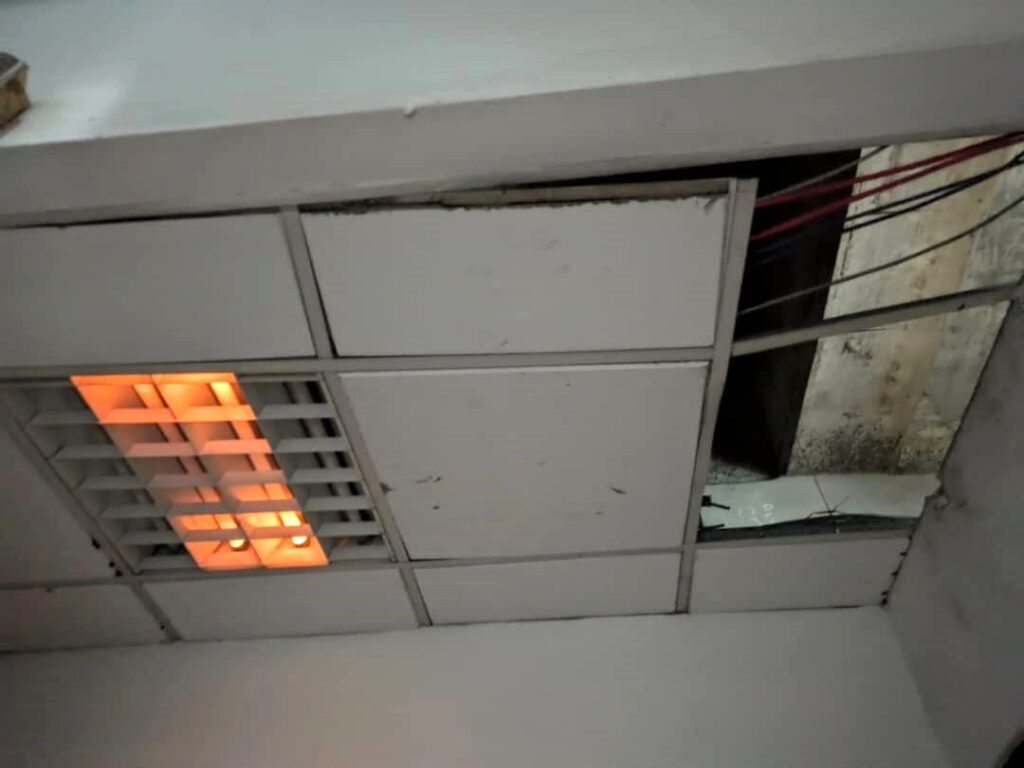
“This place is like a ghost town – it’s almost as if SSNIT has abandoned the building,” lamented Kwame Boateng, another disgruntled tenant. “They keep telling us that refurbishment is in the works, but we’ve been hearing that for years with no visible progress.”
SSNIT, the state-run pension fund that owns the Premier Towers, has acknowledged the building’s challenges, stating that the facility is “earmarked for refurbishment” and that consultancy services for the renovation are currently ongoing. The organization has also claimed that it is continuously reviewing rental rates downwards to remain competitive.
However, these assertions seem to contradict the realities on the ground, as tenants continue to grapple with a deteriorating working environment as occupancy levels drop.
“SSNIT’s responses have been evasive and fail to address the core issues,” said Kwesi Aning, a real estate expert and professor at the University of Ghana. “Blaming market conditions and oversupply is a convenient scapegoat, but it doesn’t explain the complete neglect of basic building maintenance and services.”
The Premier Towers’ decline is not just a matter of aesthetics or tenant comfort – it also raises profound concerns about the management of SSNIT’s vast real estate portfolio, which is funded by the contributions of Ghanaian workers.
“As the custodians of our pension funds, SSNIT has a fiduciary duty to ensure that their assets are well-maintained and generating adequate returns,” said Esther Ofosu-Antwi, a labor rights activist. “The deplorable state of the Premier Towers is a troubling indicator of potential mismanagement and a failure to prioritize the interests of workers who have entrusted their hard-earned contributions to SSNIT.”
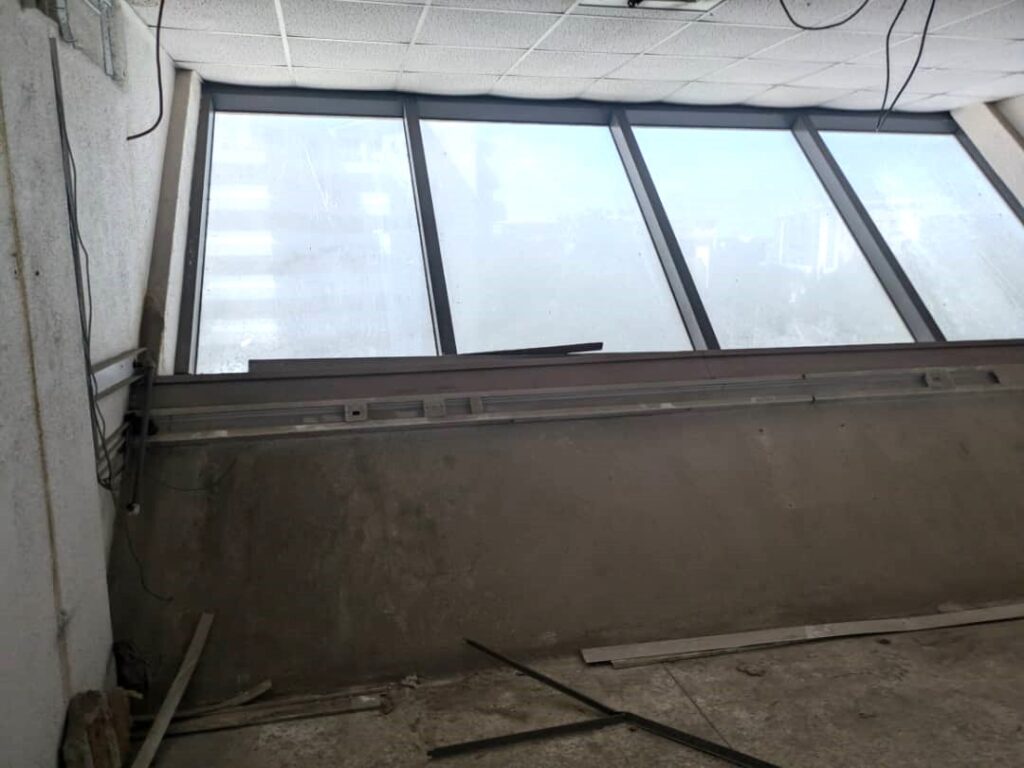
Real estate experts have raised serious questions about the feasibility studies and due diligence processes that informed SSNIT’s investment in the Premier Towers project.
“Before committing workers’ pension funds to such a large-scale commercial venture, SSNIT should have conducted rigorous market analyses and assessed the long-term sustainability of the project,” said Dr. Kwame Darko, a professor of real estate finance at the University of Ghana Business School. “The current state of disrepair suggests a lack of foresight and proper planning, which is deeply concerning for an institution entrusted with safeguarding the financial futures of Ghanaian workers.”
Dr. Darko’s sentiments were echoed by other industry professionals, who expressed deep concerns about the oversight and decision-making processes within SSNIT.
“It’s baffling that an organization responsible for managing the retirement savings of millions of Ghanaians would invest in a project of this magnitude without conducting thorough feasibility assessments,” said Nana Ama Gyamfi, a chartered surveyor and real estate consultant. “The Premier Towers debacle raises serious questions about SSNIT’s risk management strategies and their ability to make sound investment decisions on behalf of their contributors.”
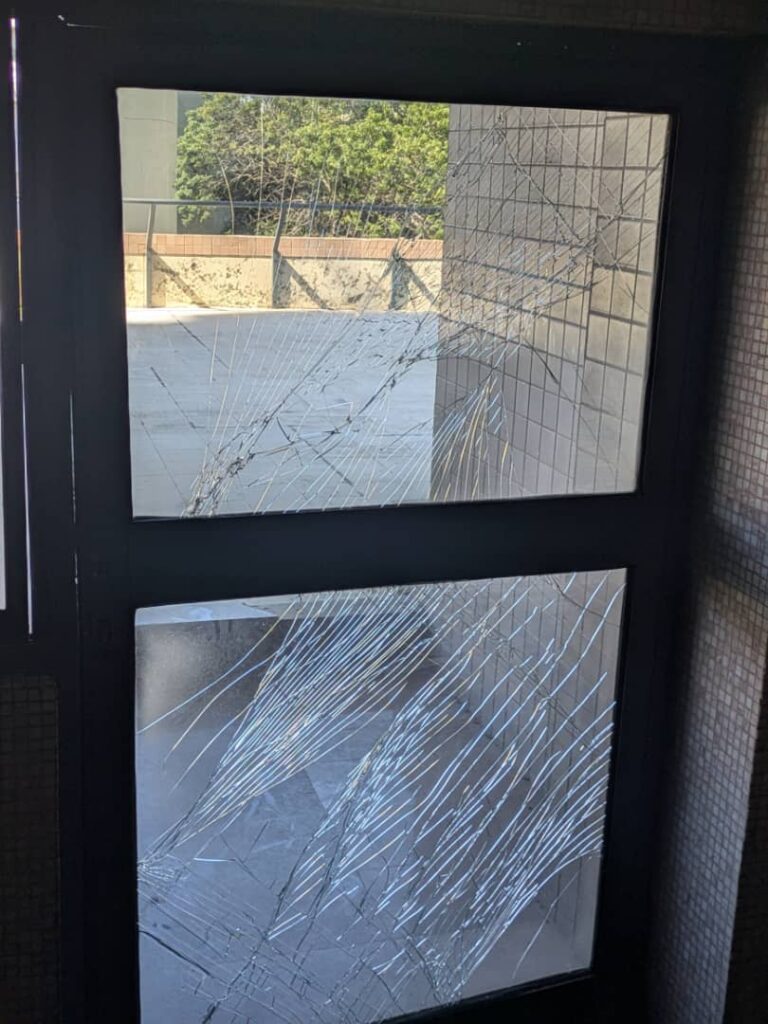
The investigation further finds an even more concerning picture of the neglect and mismanagement plaguing the Premier Towers. According to some tenants, officials from SSNIT had visited the building last year to conduct strength checks on the pillars, but this seemed to be the extent of their efforts.
“They came and did some inspections on the building’s structural integrity, but that was over a year ago,” said one tenant who requested anonymity. “Since then, we haven’t seen any meaningful action or progress on repairs and refurbishment. The building is still in a state of disrepair, with the same issues persisting.”
The revelation that SSNIT had conducted structural assessments, yet failed to follow through with necessary renovations, further underscores the organization’s apparent indifference to the well-being of its tenants and the preservation of its own flagship property.
“The fact that SSNIT identified structural concerns, but did not prioritize addressing them, is extremely troubling,” said Kwesi Aning, the real estate expert from the University of Ghana. “It suggests a lack of urgency and a disregard for the safety and security of the people working in this building. This is simply unacceptable for an institution tasked with managing the retirement savings of Ghanaian workers.”
Tenants expressed frustration that SSNIT’s efforts seemed to have stalled after the initial assessments, leaving them to grapple with the deteriorating conditions on a daily basis.
“They came, they looked, and then they disappeared,” lamented Kwame Boateng. “We’ve been waiting for months, even years, for any meaningful action, but it’s as if SSNIT has abandoned us and this building entirely.”
The revelation of these sporadic inspections, without a clear plan for comprehensive repairs and refurbishment, further undermines SSNIT’s credibility and the trust of its tenants. It raises serious questions about the organization’s commitment to prioritizing the safety and well-being of its stakeholders, and the overall competence of its asset management practices.
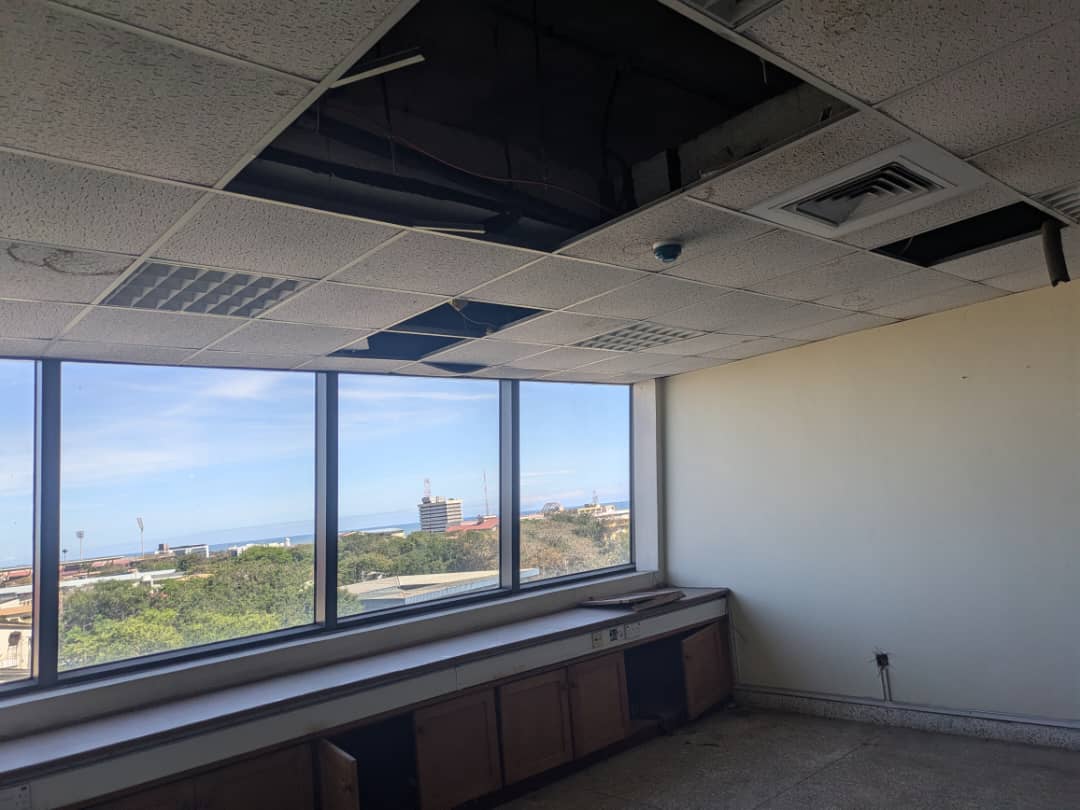
Apart from the ground floor which is mainly occupied by Zenith Bank, the rest of the floors are virtually empty, and some concerned analysts condem the neglect of the property as waste of workers’ contributions.
The fate of the Premier Towers stands as a crucial test to SSNIT’s ability to manage its real estate investments effectively and restore public confidence in the institution. Failure to address the building’s issues could further erode trust in the pension fund and raise questions about the broader governance of Ghana’s social security system.
By Innocent Samuel Appiah
Copyright ©2024 by NewsBridge Africa
All rights reserved. This article or any portion thereof may not be reproduced or used in any manner whatsoever without the express written permission of the publisher except for the use of brief quotations in reviews.
The post Neglect plagues Premier Towers, Ghana’s iconic SSNIT building appeared first on Ghana Business News.


















































